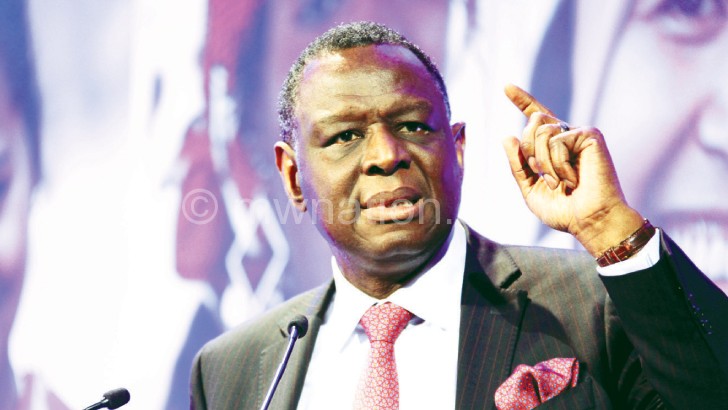National News
Governments called to invest in family planning
The fourth International Conference on Family Planning (ICFP) opened in Nusa Dua, Indonesia, on Monday with global leaders underscoring the need for collaboration and local action to improve family planning access worldwide.
Organised around the theme Global Commitments, Local Actions, the conference has brought together thousands of global political, development and health leaders and advocates.

United Nations Population Fund (UNFPA) executive director Babatunde Osotimehin urged governments to recommit their efforts in increasing family planning services.
He said instead of banking on donors for support, countries should be able to provide family planning resources.
Currently, about 20 percent of married women in Malawi want to prevent or delay pregnancy, but are not using a modern contraceptive method, according to a report by Family Planning 2020 (FP2020) released in November 2015.
FP2020 executive director Beth Schlachter said during a pre-conference meeting on Sunday that the ICFP2016 serves as a platform for global partners to revisit their commitments to family planning and accelerate progress towards the FP2020 goals set at the 2012 London Summit on Family Planning.
According to USAid, for every $1 (about K700) spent on family planning, governments can save up to $6 (about K4 200) for other development priorities.
ICFP 2016 follows the inaugural ICFP 2009 in Uganda, which was followed by ICFP 2011 in Senegal and ICFP 2013 in Ethiopia.





